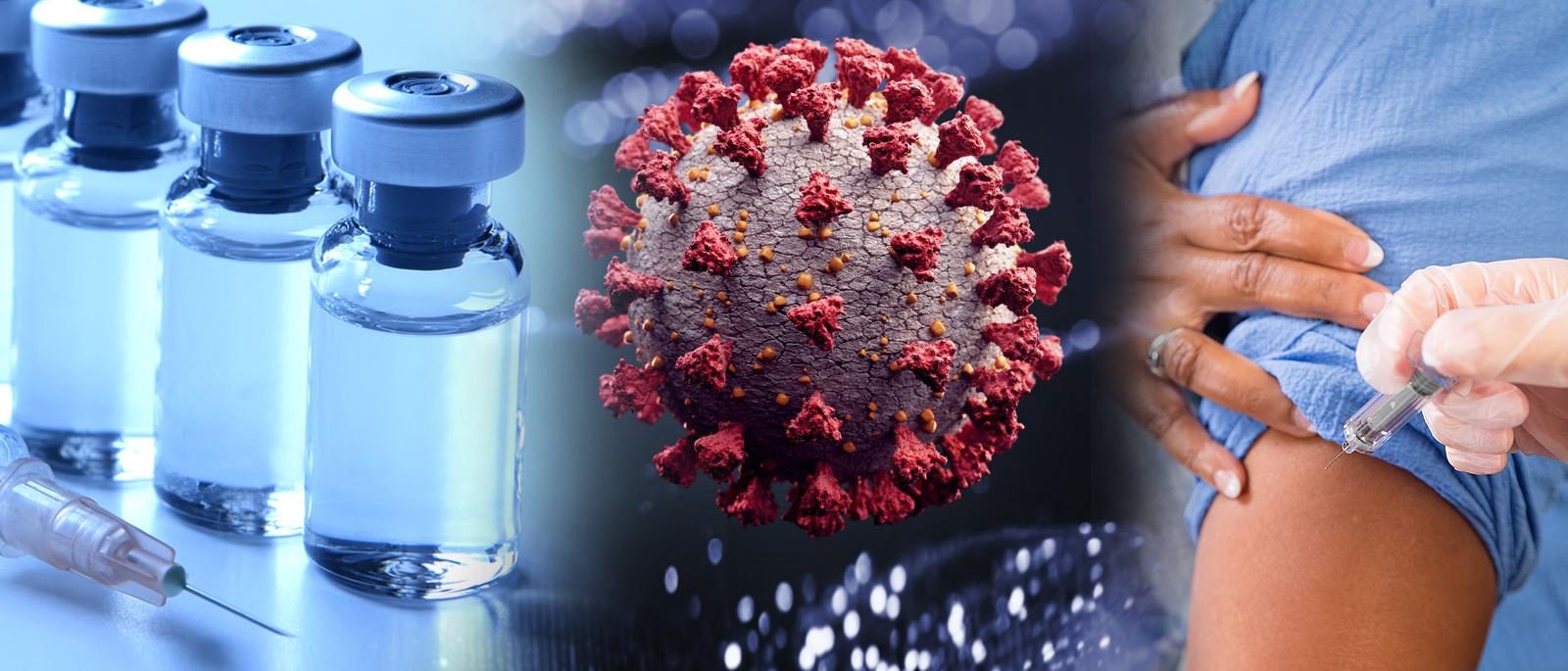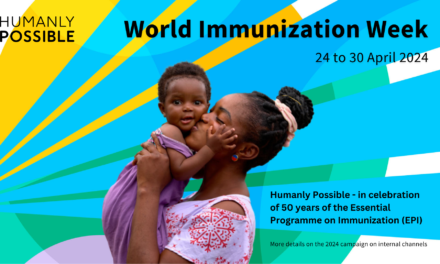In October 2021, some public health organisations in the Nordic countries (e.g. Sweden, Finland, Norway, Iceland) either paused the use of the Moderna mRNA vaccine (Spikevax) or made preferential recommendations for the use of the Pfizer mRNA vaccine (Comirnaty) rather than Spikevax in younger people and/or younger males. These recommendations were based on preliminary results of an unpublished Nordic study using population-based register data on myocarditis and pericarditis. As of October 2021, other countries (including the US and Australia) continue to recommend either of the two licensed COVID-19 mRNA vaccines in adolescents and young adults.
The GACVS COVID-19 sub-committee has reviewed preliminary data from the Nordic study and notes that further analyses are ongoing to control for potential biases. The sub-committee has also reviewed data from Australia, Canada (3), Israel, and the US (4), and notes that some, but not all data suggest a higher incidence of myocarditis after a second dose of the COVID19 vaccine from Moderna (Spikevax) than the mRNA vaccine from Pfizer (Comirnaty) in young males, although the overall risk is small. Further data are needed to understand the strengths/weaknesses of different epidemiological methodologies, sample sizes, and data sources, and their impact on these observations.
The GACVS COVID-19 subcommittee notes that myocarditis can occur following SARS-CoV-2 infection (COVID-19 disease) and that mRNA vaccines have clear benefit in preventing hospitalisation and death from COVID-19. Countries should continue to monitor reports of myocarditis and pericarditis following vaccination by age, sex, dose and vaccine brand. Countries should consider the individual and population benefits of immunisation relevant to their epidemiological and social context when developing their COVID-19 immunisation policies and programs.
Available data suggest that the immediate course of myocarditis and pericarditis following vaccination with both vaccines is generally mild and responds to treatment. Follow-up is ongoing to determine long term outcomes. Vaccinated individuals should be instructed to seek immediate medical attention if they develop symptoms indicative of myocarditis or pericarditis such as new onset and persisting chest pain, shortness of breath, or palpitations following vaccination. It is important to rule out other potential causes of myocarditis and pericarditis, including COVID-19 infection and other viral etiologies.
References
- COVID-19 subcommittee of the WHO Global Advisory Committee on Vaccine Safety (GACVS): updated guidance regarding myocarditis and pericarditis reported with COVID-19 mRNA vaccines 9 July 2021 Statement
- Gargano JW, Wallace M, Hadler SC, et al. Use of mRNA COVID-19 Vaccine After Reports of Myocarditis Among Vaccine Recipients: Update from the Advisory Committee on Immunization Practices-United States, June 2021. MMWR Morb Mortal Wkly Rep 2021;70:977–982. DOI: https://www.cdc.gov/mmwr/volumes/70/wr/pdfs/mm7027e2-H.pdf
- Public Health Agency of Canada (PHAC). Reported side effects following COVID-19 vaccination in Canada [Internet]. Ottawa (ON): Government of Canada; 2021 Aug 13 [cited 2021 Aug 18]. Available from: https://health-infobase.canada.ca/covid-19/vaccine-safety/
- ACIP Presentation Slides: COVID-19 Vaccine Safety Updates October 20-21, 2021 Meeting https://www.cdc.gov/vaccines/acip/meetings/slides-2021-10-20-21.html











